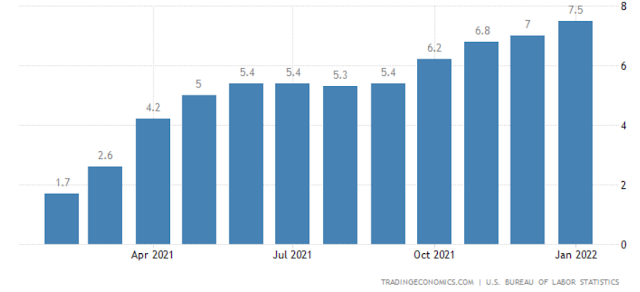Check out this graph. In 2008 there were over 26,000 homes for sale in the Denver metro area. In 2019 there were 9,600 homes for sale. Today there are right around 1,000. That is 96% less than 2008, and 89% less than 2019!
This is the smallest amount of inventory in metro-Denver history (well, perhaps after the year 1800). We are not in a bubble crisis, we are in an inventory crisis...




